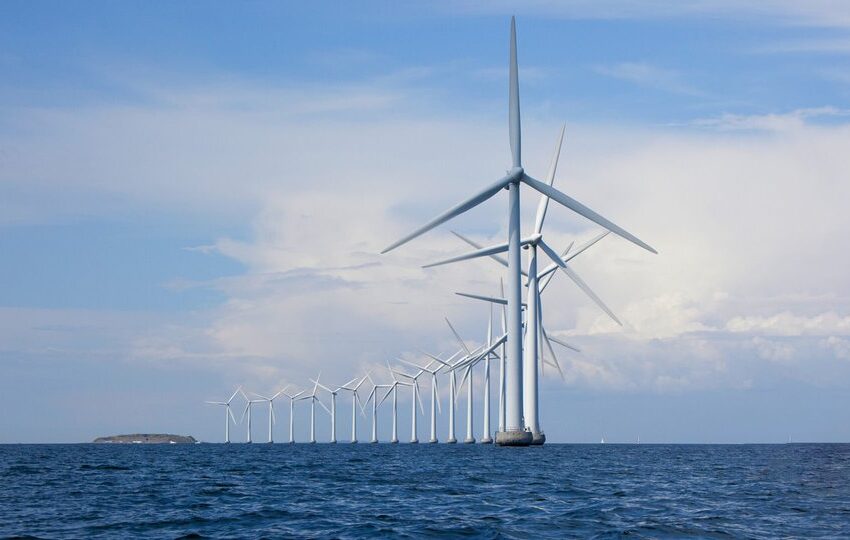
Increased Windfall Taxes Will Impact UK’s Economy
Increased windfall taxes on the UK’s offshore oil and gas industries would impact the economy about $17.08 billion over the next five years and lead to a fall in tax receipts, the UK’s leading trade body Offshore Energies UK (OEUK) said in an analysis on Monday.
The loss comes from an expected reduction in investment by oil and gas producers into the UK projects, with capital investments over the period expected to fall to $2.63 billion compared with around $18.40 billion under the current regime.
OEUK has said that the analysis showed the policy will undermine the UK offshore energy sector’s ability to support the Government’s overarching goal of driving economic growth. The data has been published to help inform decision making ahead of the Chancellor’s Autumn Statement in October.
The analysis shows that while the expected tax take from UK oil and gas producers would increase in the very short term, ultimately it would result in a $15.77 billion loss in receipts compared to the current regime. This is due to a rapid decline in production due to under investment over this decade. The analysis confirms the impact would be felt widely across the economy, OEUK said.
The data show that an environment in which the headline tax rate is increased to 78% and all EPL allowances are removed would lead to:
• A reduction in viable capital investment on the UK Continental Shelf (UKCS) from $18.53 billion to $3.02 billion between 2025 and 2029.
• The loss of economic value directly impacts the UK supply chain companies and risks losing the capability and assets to other regions.
• Approximately 35,000 jobs are at risk over the period due to projects not going ahead and 63% of additional production that could be sanctioned under the current regime would be uneconomic. The UK would be more reliant on other countries to meet the UK energy demand at a cost to the UK economy and net-zero.
• The proposed regime cannot be likened to Norway which allows companies a maximum $102.49 of relief for $131.39 expenditure. Under this proposal, total relief would be $60.77.
The UK is the second largest offshore wind (OSW) market in the world. The British Energy Security Strategy (BESS) set a target to achieve up to 50 GW of offshore wind by 2030, including 5 GW from innovative floating technology.
Reduced Contribution
OEUK CEO David Whitehouse said that the Prime Minister has said that the Budget will be painful. This industry recognises that difficult decisions will need to be made. This is a government that has made economic growth its main priority and yet our analysis shows that its policy will ultimately reduce this sector’s contribution to the UK economy, he pointed out.
“This paper shows that proposals to go further will trigger an accelerated decline of domestic production, and a corresponding reduction in taxes paid, jobs supported, and wider economic value generated,” he said.
“With an industrial strategy built in partnership with government, the UK can leverage the strengths of its offshore energy industry, put home-grown innovation and technology at the heart of its net zero ambitions, and ensure the UK is globally attractive for energy investment, he averred.
According to him, for more than two years, the UK’s oil and gas operators have paid three times the rate of corporation tax of any other sector in the economy.
“Time is running out to mitigate damage that has already been done and to avoid further escalation. The Prime Minister promised to manage the North Sea in a manner that does not jeopardise jobs. We now need an honest conversation on how we can do this and need Government to work with the sector at pace,” he added.















